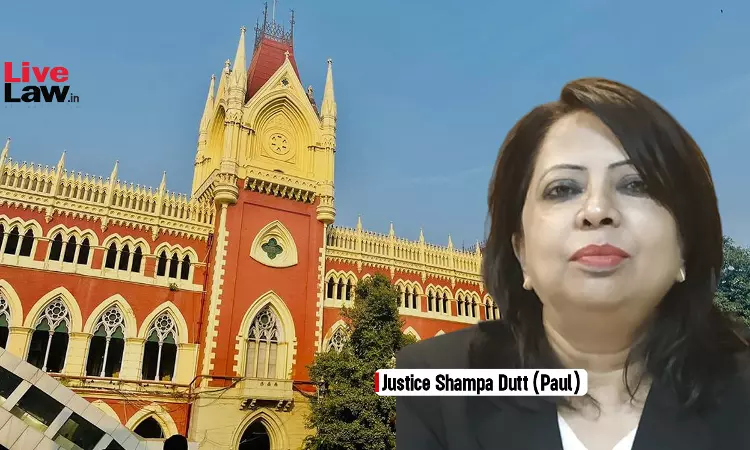The Calcutta High Court recently allowed the appeal preferred by a husband against trial court order convicting him for alleged offences of mental and physical cruelty allegedly inflicted upon his spouse/ complainant.A Single-bench of Justice Shampa (Dutt) Paul held:Though this witness has stated that she was assaulted by the appellant and his family members and suffered bleeding injuries,...

